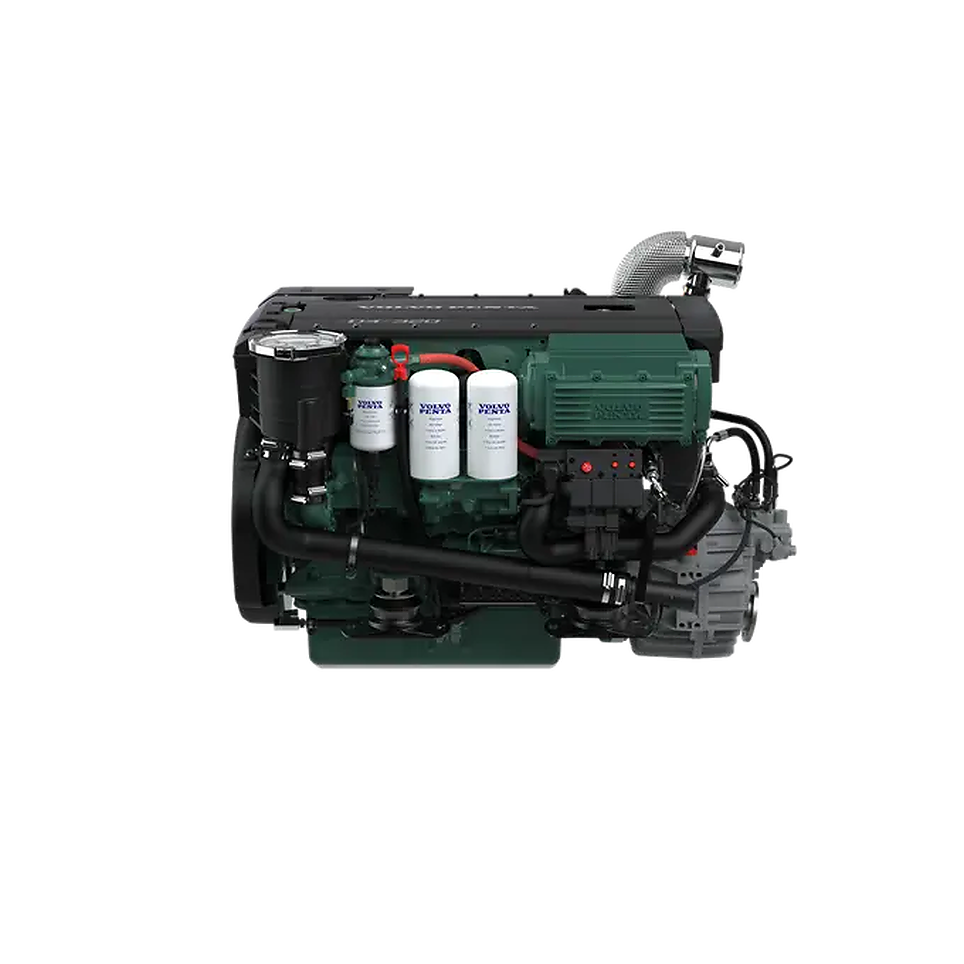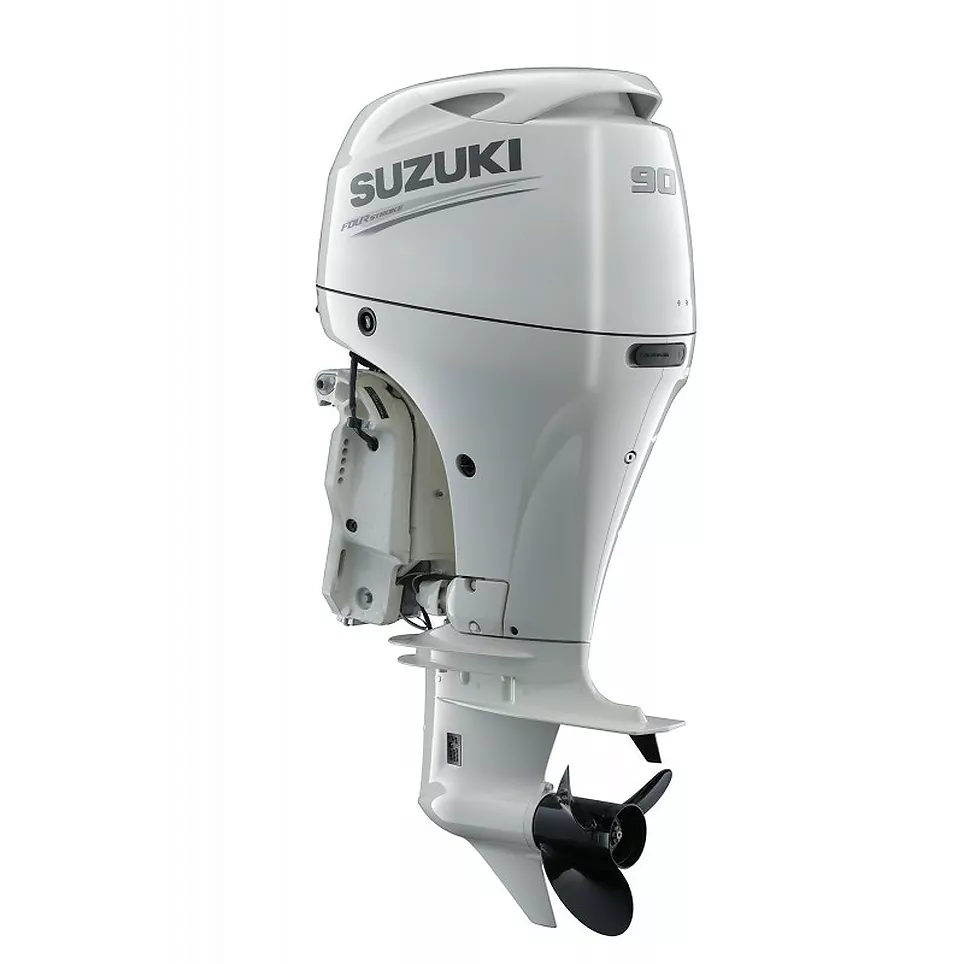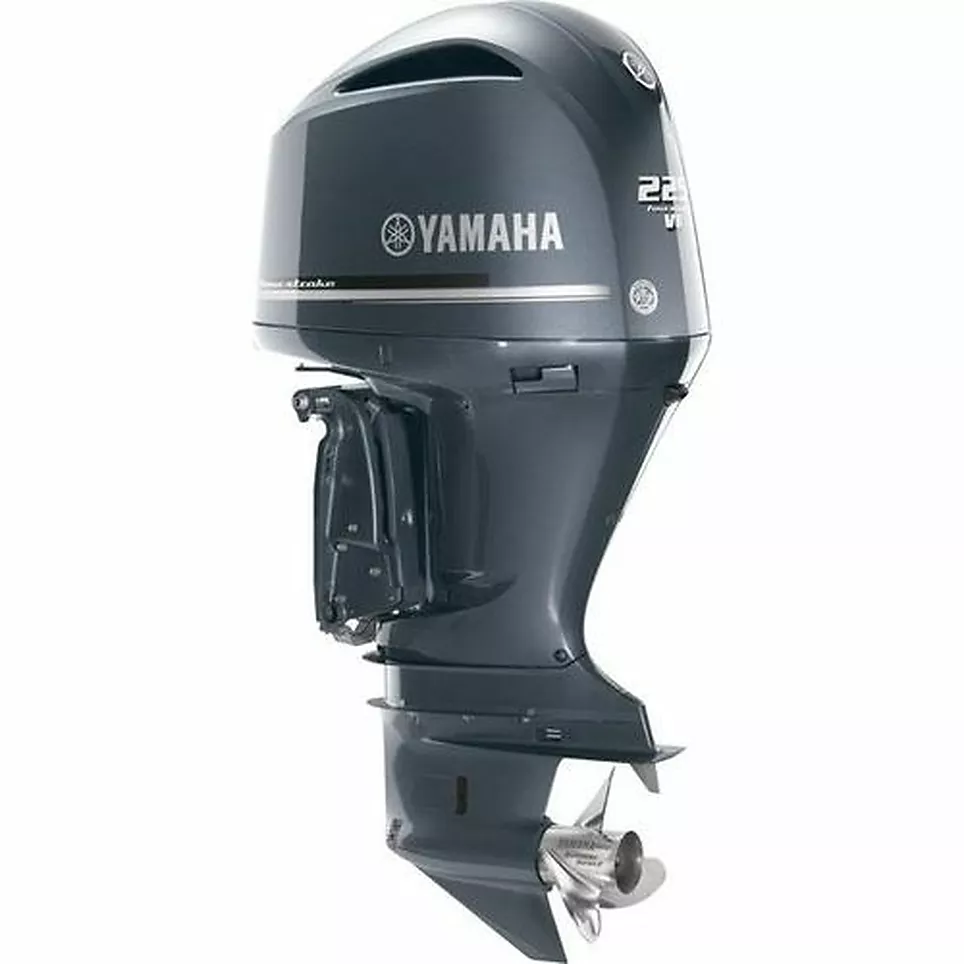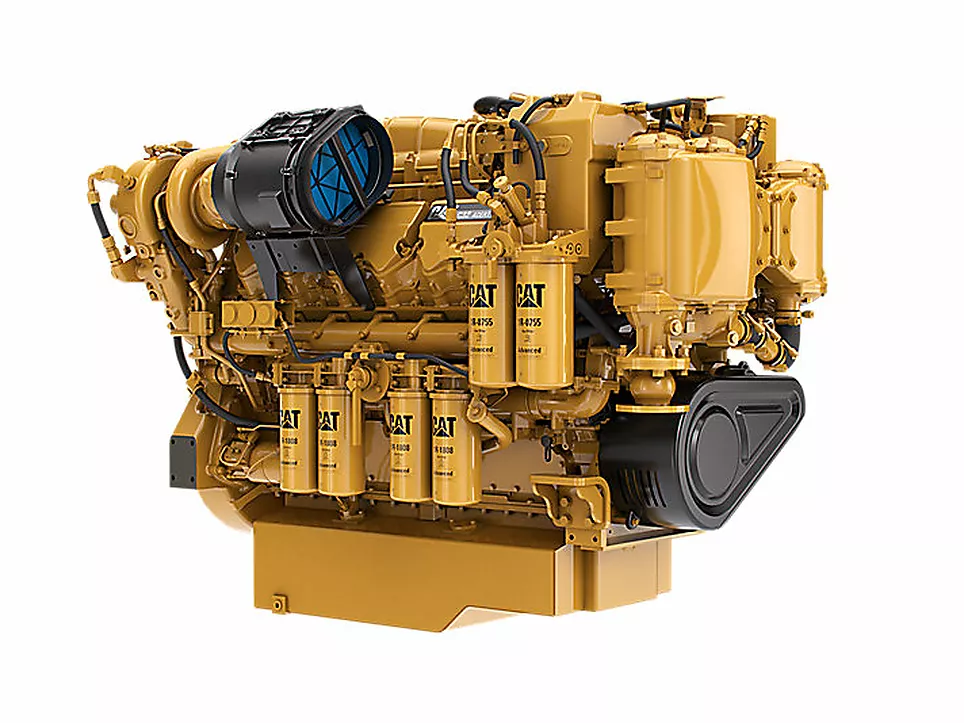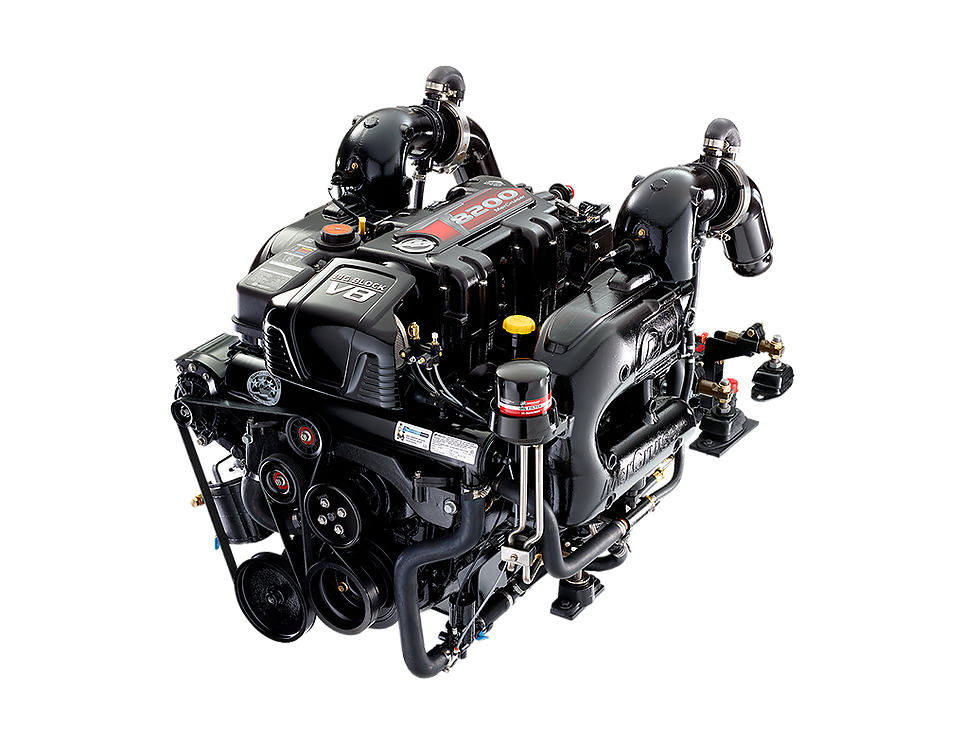The Importance of Boat Maintenance: Diesel and Gasoline Engines, Outboard and Inboard
Regular boat maintenance is essential to ensure safe operation, optimal performance, and extended lifespan. One of the most critical aspects of this maintenance is taking care of the engines, whether diesel or gasoline, outboard or inboard. Without consistent upkeep and proper winterization, engines can suffer significant damage, compromising their performance and leading to costly repairs. This article explores the importance of preventive maintenance and engine winterization, as well as the best practices to keep them in excellent condition.
The Importance of Regular Maintenance
A boat’s engine is its heart, providing the power needed to navigate various maritime conditions. Like any machinery, boat engines require regular maintenance to prevent breakdowns and maintain peak performance.
Benefits of Regular Maintenance
- Increased safety: A well-maintained engine reduces the risk of breakdowns at sea, which can be crucial in emergencies.
- Fuel efficiency: A properly maintained engine consumes less fuel, saving money and reducing environmental impact.
- Extended lifespan: Proper care prevents premature wear and tear, reducing the need for costly replacements.
- Resale value: A boat with a spotless maintenance record has a higher market value.
Differences Between Diesel and Gasoline Engines
The type of engine significantly affects maintenance requirements. Diesel and gasoline engines have unique characteristics that must be considered.
Diesel Engines
- Durability: Diesel engines are often more robust and long-lasting but more sensitive to fuel quality.
- Specific maintenance: They require regular checks of fuel and oil filters to prevent blockages.
- Common issues: Dirt buildup in injectors and the growth of microorganisms in fuel tanks.
Gasoline Engines
- Lightweight design: These engines are lighter and more compact, making them ideal for smaller recreational boats.
- Frequent maintenance: They require more frequent inspections of the ignition and carburation systems.
- Common issues: Corrosion of metal components due to exposure to saltwater.
Outboard vs. Inboard Engine Considerations
Outboard and inboard engines also differ significantly in their maintenance needs.
Outboard Engines
- Easy access: These engines are easier to remove and inspect, simplifying maintenance tasks.
- Cooling systems: They often use surrounding water for cooling, which can lead to sediment and salt buildup in the channels.
- Propeller checks: Propellers are vulnerable to impact damage and should be inspected regularly.
Inboard Engines
- Increased complexity: These engines are integrated into the boat’s structure, making access for maintenance more challenging.
- Closed cooling systems: They use more complex cooling systems requiring periodic checks of coolant and heat exchangers.
- Ventilation: Proper ventilation is critical to avoid the buildup of hazardous gases.
Winterization: Protecting Your Boat During the Off-Season
Winterization is a critical step to protect engines during months of inactivity. This process helps prevent damage caused by inactivity, humidity, and low temperatures.
Steps for Effective Winterization
- Engine cleaning: Remove salt and dirt residues with a freshwater rinse to prevent corrosion and deposits.
- Oil and filter changes: Replace engine and transmission oil as well as fuel and oil filters to prevent residues from damaging internal components.
- Humidity protection: Apply anti-corrosion spray to exposed metal parts and cover the engine with a waterproof cover.
- Fuel system maintenance: Empty or stabilize the fuel tank to prevent deposit formation or bacterial growth.
- Cooling system care: For engines with water cooling systems, flush out saltwater and replace it with antifreeze.
- Battery disconnection: Remove the batteries and store them in a dry place to prevent discharge and deterioration.
Common Mistakes in Maintenance and Winterization
Avoiding common mistakes can make the difference between a ready-to-use engine and one with serious issues at the start of the season.
- Skipping regular inspections: It is crucial to follow the maintenance schedule recommended by the manufacturer.
- Leaving old fuel in the tank: Degraded fuel can clog the injection system.
- Neglecting the electrical system: Electrical connections can corrode over time, affecting ignition.
- Using unsuitable products: Always use oils, lubricants, and anti-corrosion sprays specifically designed for marine engines.
The Role of Professionals in Maintenance
While some maintenance tasks can be performed by boat owners, it is recommended to consult a professional for more thorough inspections. Specialized mechanics have the tools and expertise to detect hidden issues and ensure that all systems are functioning correctly.
Benefits of Hiring an Expert
- Accurate diagnosis of potential problems.
- Use of specialized equipment for testing and adjustments.
- Assurance of compliance with maritime safety regulations.
Conclusion
Proper maintenance of boat engines, whether diesel or gasoline, outboard or inboard, is an essential investment to ensure the vessel's safety, performance, and longevity. Additionally, effective winterization protects the engine during the off-season, preventing costly damage and extending its lifespan. By following recommended practices and consulting professionals when necessary, boat owners can enjoy their time on the water with confidence and peace of mind.
